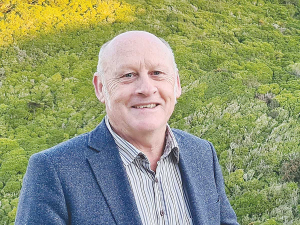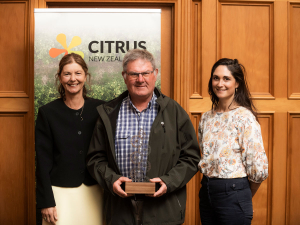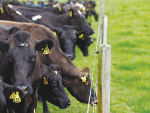Launched by the New Zealand Rural General Practice Network (NZRGPN), the Tautoko Rural initiative aims to help rural general practices and hospitals that could be at risk of closure or having to significantly reduce services if their staff need to isolate due to Covid-19, putting extra strain on the communities that rely on them.
Both NZRGPN and the Ministry of Health acknowledge that rural practices and hospitals are under immense pressure to manage Covid-19 in their communities.
"We surveyed rural practices and hospitals for their greatest concerns as Omicron circulates in the community," says NZRGPN chief executive Grant Davidson.
"Overwhelmingly, the message was that their community's health would be compromised if any of their staff went down sick. We are pleased to announce that the Ministry reacted to this message by funding this new initiative."
The initiative will help fill short-term staffing gaps in rural practices and hospitals due to Covid-19 illness, isolation requirements or work stressors caused by managing Covid-19.
Many doctors have expressed difficulties in keeping up with demand over the last two years due to burnout and over-exertion due to short staffing.
A 2021 Royal New Zealand College survey showed that 49% of doctors were thinking of leaving the profession in 10 years, with 31% experiencing burnout.
Tautoko replaces NZRGPN's Pandemic Emergency Rovid Locums initiative, with funding available for all roles that support the healthcare response - including clinical, non-clinical, administration and support staff as well as cleaning and kitchen staff.
To source people available to support the Tautoko Rural initiative, NZRGPN has been granted access to the Ministry of Health's Covid-19 Hands Up Database in which people acros New Zealand registered to offer help earlier on in the pandemic.
The aim is to match practices and hospitals that apply for support with suitable people from the Tautoko Rural Database for the roles that are required.
"We believe this (initiative) will provide some hope and support to practices with fatigued and stressed staff that have been up against it for long periods of time already," Davidson says.

















